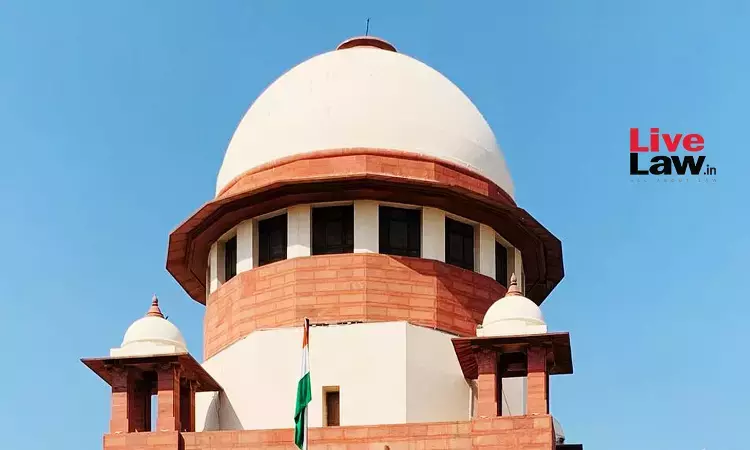Supreme Court Awards Rs 5 Lakhs Compensation To Persons Who Were Wrongly Sentenced In Murder Case
Gyanvi Khanna
29 Jan 2025 7:56 PM IST

Next Story
29 Jan 2025 7:56 PM IST
The Supreme Court today (January 29) asked the State of Haryana to pay a compensation of Rs 5 lakhs each to three accused who were illegally sentenced in a murder case.The Punjab and Haryana High Court had, in its revisional jurisdiction, reversed the acquittal of appellants and convicted them of murder. Although the State had not filed any appeal against the acquittal by the trial court,...
